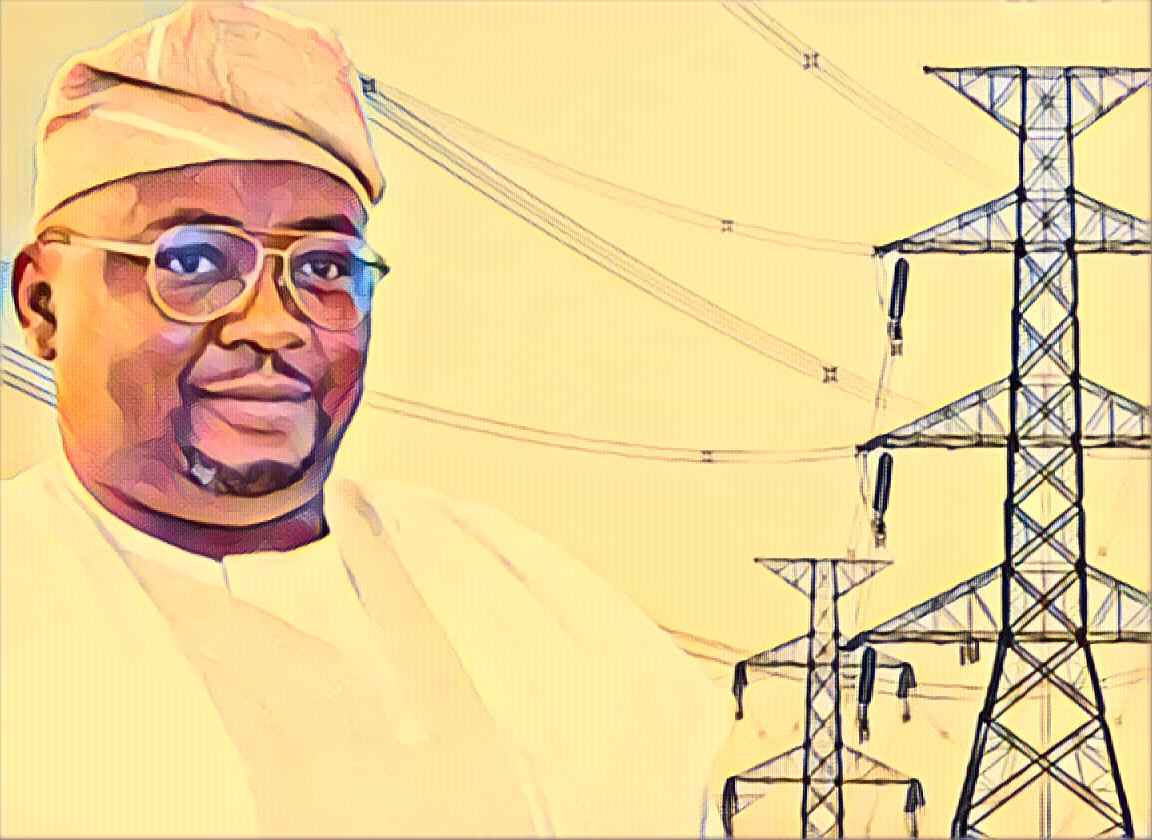The Nigerian electricity sector is currently grappling with significant challenges that have led to decreased power generation and increased scrutiny of the leadership’s capacity to navigate the crisis. Under President Bola Ahmed Tinubu’s administration and the stewardship of Minister of Power Adelabu Adebayo, the sector has seen a decline in power generation from an average of 4,600 megawatts (MW) to around 3,000MW. This downturn has sparked concerns and calls for a reevaluation of the strategies and leadership within the sector.
Stakeholders have expressed doubts about the current administration’s ability to provide the necessary leap forward for the Nigerian Electricity Supply Industry (NESI). The expectation was that privatization, initiated about a decade ago, would propel the sector to supply over 40,000MW to homes and industries. However, the reality is far from this, with most electricity companies on the brink of bankruptcy and the sector’s direction appearing unclear.
Adelabu Adebayo’s appointment as Minister of Power was initially seen as a strategic move to address the sector’s liquidity crisis, given his background in finance. However, his tenure has yet to produce a clear policy direction or instill confidence among investors and stakeholders. This has been compounded by the government’s decision to retain electricity subsidies, which, although intended to ease the burden on consumers, has further complicated the sector’s financial sustainability.
The subsidy dilemma, alongside issues such as stalled metering programs, frequent grid collapses, and regulatory inconsistencies, paint a grim picture of the sector’s current state. Over 80% of Nigeria’s electricity generation is dependent on gas, yet the pricing and supply of gas remain critical challenges, exacerbated by the global market dynamics and domestic policy gaps.
Calls for leadership change and a more decisive action plan have been loud. Stakeholders urge for a comprehensive review of the sector’s foundational structures, including the roles and performance of Generation Companies (GenCos) and Distribution Companies (DisCos). The lack of policy continuity and the absence of an empowered institutional framework have been identified as core issues plaguing the sector.
The recent developments in the Electricity Act, which aims at decentralizing power and introducing more competitive electricity markets, offer a glimmer of hope. However, the effectiveness of these legislative changes depends significantly on the leadership’s ability to align policies with practical, actionable strategies that address the sector’s immediate and long-term challenges.
Energy experts suggest that solving the power sector’s woes requires a multifaceted approach, including settling debts owed to GenCos to facilitate maintenance and gas supply, transitioning to a wholesale competitive electricity market, and ensuring strict adherence to market rules by all participants. The sector’s recovery and growth hinge on instilling a transformational leadership mindset, where professional team leads are empowered to drive change without being overly influenced by political appointees.
The path to revamping Nigeria’s power sector is fraught with complexities. It demands not just a reevaluation of leadership and policies but a collective commitment to instituting reforms that are both sustainable and responsive to the needs of Nigerians. As the sector stands at a crossroads, the decisions made today will undoubtedly shape the trajectory of Nigeria’s electricity supply and its economic prospects for years to come.
Source: The Guardian


